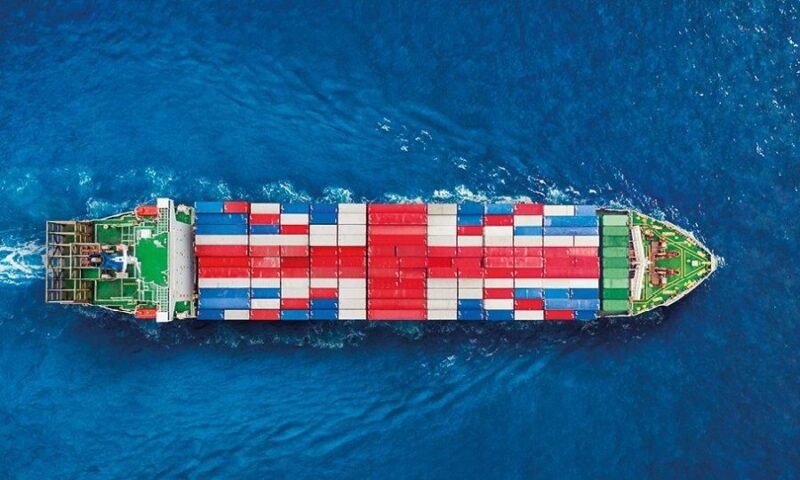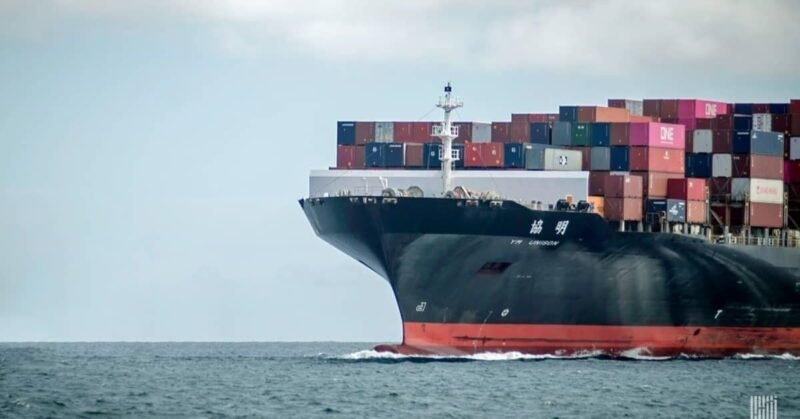Tobias Backer, executive director of Pelagic Capital, discusses the current cash requirements in the shipping industry amidst ongoing geopolitical challenges. The maritime sector is facing significant unrest due to conflicts in Ukraine and Gaza, as well as regulatory changes to support green initiatives. Additionally, the rise of US protectionism is affecting established trade relationships, leading to a shift in market dynamics.
Traditional banks have become more cautious in lending to shipping companies since the 2008 financial crash, creating a gap in capital requirements for the industry. With approximately 15,000 vessels reaching the end of their economic life in the next decade, there is a growing need for alternative credit institutions to fill the void left by traditional banks. Funds like MareVia Credit Fund, launched by Pelagic Partners in 2024, aim to address the industry’s increasing capital needs by collaborating with traditional banking structures.
Alternative lenders offer more dynamic capital products tailored to the maritime sector’s requirements, leveraging the market insight and flexibility of specialized institutions. With a focus on market expertise and sector knowledge, these lenders provide shipowners with alternative capital solutions that were traditionally offered by traditional banks. Shipping, as an uncorrelated asset class, remains resilient in volatile times, attracting investors seeking to capitalize on market opportunities despite ongoing uncertainty.


















